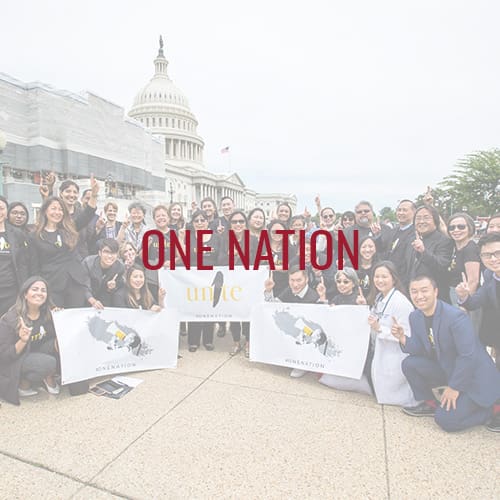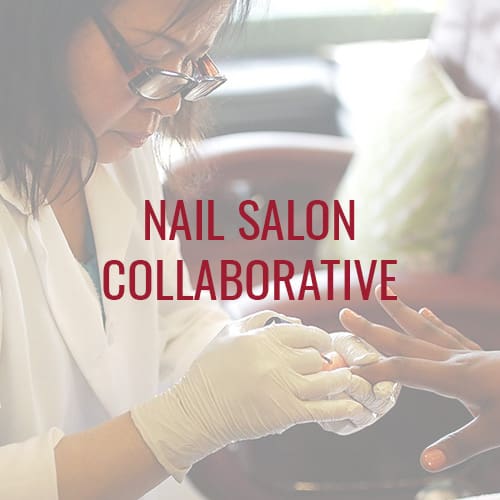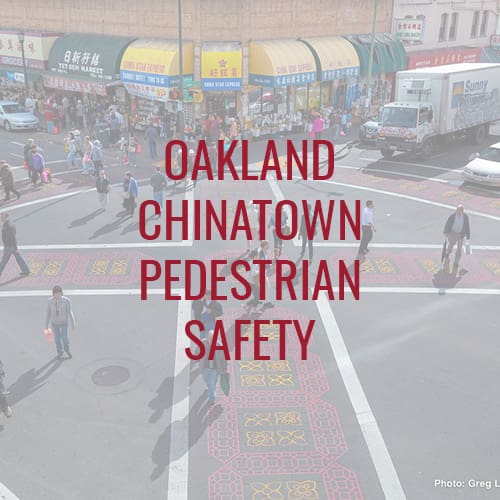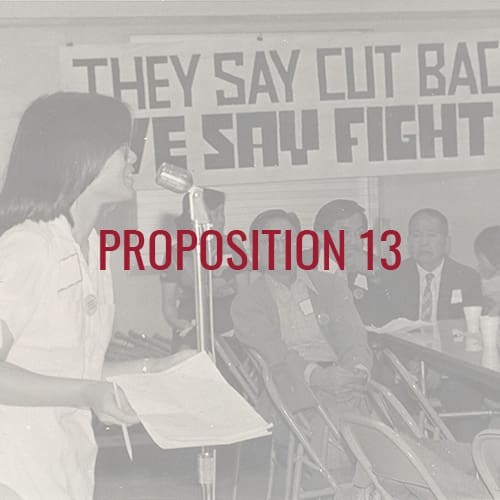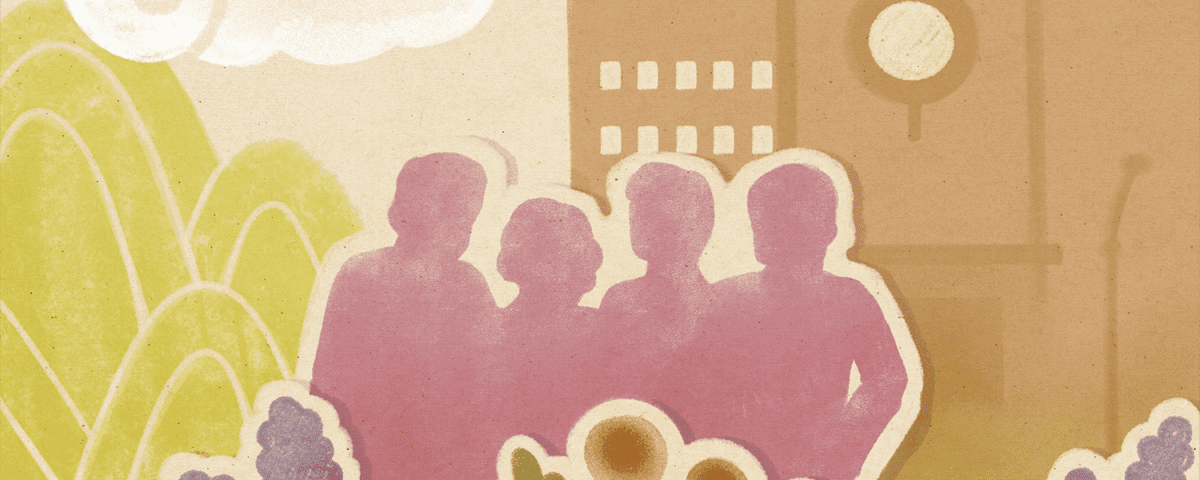
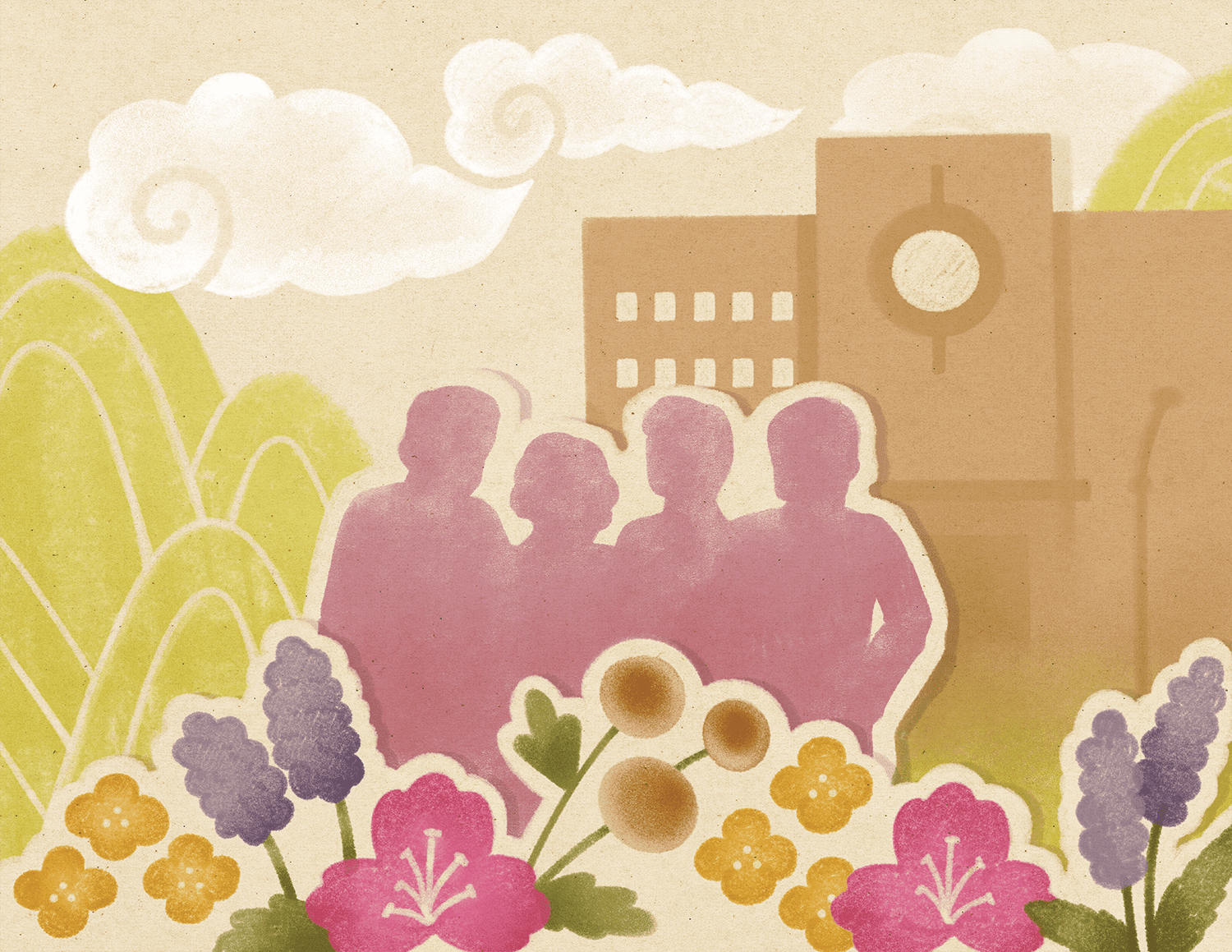
Abraham
Abraham grew up in the heart of Seoul, Korea, dedicating three decades to a career in public service. After retiring, he and his wife made the difficult decision to leave behind all that was familiar and begin a new chapter in the United States—drawn by family love and the hope to be closer to their two sons.
ROOTS & BEGINNINGS
Interviewer: 네, 감사합니다. 그다음에 우선 그러면 서울에서 사셨다고 했는데 자라시면서 – 쭉 서울에서 사신거에요?
Thank you. So, you mentioned living in Seoul. Did you spend your entire childhood there?
Abraham: 네
Yes.
Interviewer: 서울에서 자라면서 선생님 어렸을 때나 가장 기억에 남는 메모리? 기억이 있으실까요?
Do you have any memorable moments from your childhood or anything that stands out?
Abraham: 기억은 제가.. TV를 많이 나갔어요.
I was on TV quite a bit
Interviewer: 뭘로 나가신거에요 TV를?
What did you appear on TV for?
Abraham: ‘가로수를 누비며’에 나가서 시 산하 공원에 유실수(?) 과일나무 심는 것에 대한 홍보 – 그거 하고 또 제가 직장생활 할 때에는 제가 마지막으로 직장생활 한데가 어디냐하면 우리가 마지막 가는 길, 그러니까 화장터, 묘지, 그거를 총 직원이 400명 되는데 시립묘지원 그걸 총괄하는 소장으로 있다가 정년퇴직을 해서 주로 추석때 시민 안내 방송 그런거 많이 나갔죠.
I appeared in a program called Garosureul Nubimyeo to promote planting fruit trees in city parks. Later, in my career, I was managing (Seoul City) municipal cemetery as a director, with a team of about 400 employees, where I organized citizen guidance broadcasts, especially during the Chuseok holidays.
Interviewer: 목소리가 좋으시대요. 아, 그런거 외에 선생님이 어렸을 때, 좀 어렸을 때 기억에 남는…미국에서 사는 거랑 한국에서 사는 거랑은 되게 다르잖아요. 그래서 한국에서 살면서 어렸을 때 기억에 남는 메모리나 그런게 있으세요? 그리운 순간이나.
You have a wonderful voice. Outside of your work, do you have any other childhood memories from Seoul? Living in Korea is quite different from life in the U.S. Do you have any moments you miss?
Abraham: 제가 어렸을 때는 시골에서 살았어요. 시골 국민학교, 파주. 그러다가 고등학교 – 중학교, 고등학교를 서울로 다녔죠. 서울로 중학교 고등학교를 다니고 나서 중학교때부터 운동을 했어요. 보드빌딩. 보드빌딩. 그거해서 KBS가 처음 설립한 거 – TV 스포츠 시간에 운동 시범으로 제가 나간게 추억에 남고, 그 이외에는 주로 봉사하는 활동을 많이 했어요. 주로 서울 시가 하는 일들이 시민들을 위한 봉사활동이라던지 그런거 다니고 많이 했어요.
I lived in the countryside during my childhood, in Paju, where I attended elementary school. Then I went to middle and high school in Seoul. I started bodybuilding in middle school and appeared on KBS (one of the largest television and radio networks in the South Korea) sports program as a demonstrator for the sports segment. Besides that, I participated in a lot of volunteer activities through the city of Seoul, like helping citizens with services and events.
Abraham: 대학은 동국대학교 아세요? 경제공학과를 나왔죠. 경제학과.
For university, do you know Dongguk University / I studied economics at Dongguk University.
Abraham: 공무원 시험봐서 들어가서 공직에서 사무관. 사무관이면 여기로 말하면 과장급 이상이죠. 그래서 57세에 정년퇴직했습니다.
After passing the civil service exam, I entered public service, where I worked as a director. And I retired at 57.
LIFE IN THE US
Interviewer: 그러면 미국에는 언제 오셨어요? 몇년도?
When did you come to the U.S., by the way
Abraham: 년도. 처음에 오니까 휴스턴에 갔죠
2002. When I first arrived, I went to Houston.
Interviewer: 처음에 휴스턴으로 가셨어요?
You went to Houston initially?
Abraham: 처음에 휴스턴에 갔다가 아들이 거기서 살재. 거기가 자기 직장하고 연결이 잘 되고 그러기 때문에. 도저히 못살겠어 더워서.
Yes, I went to Houston first because my son was living there, and it was convenient for his job. But it was unbearably hot, so I couldn’t stay.
Interviewer: When your son asked you to come to the U.S., did you agree immediately, or did you hesitate? Since it’s so different.
Abraham: 아니 자식 덕을 좀 보려고, 아들만 둘인데 정년퇴직하고 정년퇴직하면 직장 구하기도 힘들잖아요 한국에. 그러니까 여기 뭐든 잘되어 있다 하는 이야기가 들은게 있기때문에 왔더니 처음에 오니까 딱 부딪히니까 그게 잘 안되는거야. 모르니까
Well, I wanted to enjoy life a bit with my children. I have only two sons, and after retirement, it’s hard to find a job in Korea. So, hearing that everything was better here, I decided to come. But once I got here, I ran into a lot of challenges.
Interviewer: 어떤게? 언어라던지..
Like what? The language?
Abraham: 뭐 언어도 언어지만 생활비 조달문제나 그게 잘 안되더라고. 그래서 와이프가 조금 이제 한국식당에 다니면서 직장을 갖고 그래서 어느정도까지 생활 유지가 됐지. 자식은 지 쓰기도 바빠.
Yes, the language, but also managing living expenses—it was difficult. So, my wife got a job at a Korean restaurant, which helped us maintain our living. My son was busy with his own expenses.
Abraham: I한국에서도 돈이 없고 아무것도 없으면 못 오는거지. 렌트비가 엄청 비싸잖아요 여기는? 한국에 집이라도 있고 재산이 좀 있었으니까 그걸 다 정리하니까 여기 와서 콘도 살 돈은 되더라. 그러니까 집세는 안 나가잖아. 렌트비가 안나가잖아. 1년에 두번 나눠서 세금 내는거 그거밖에 없잖아. 그리고 전기세는 절약해서 쓰면 되는거고. 그렇게 생활 유지가 되는거야. 그래도 절약을 해야지.
f you have no money in Korea, you can’t come here. Rent is extremely expensive here. Thankfully, we had a house and some assets in Korea, so after selling everything, we had enough to buy a condo here. That way, we don’t pay rent. We only pay property taxes twice a year, and we save on electricity as well. That’s how we managed to maintain our living here, though we had to be still frugal.
Interviewer: 근데 한국도 집값이 많이 올랐지만 여기도 집값이 많이 올랐어. 내가 여기 와서 산 집이 두배로 올랐어. 한 배가 더 올랐어. 그래도 뭐 그냥 그런대로 사는거지 뭐. 내 사는 집같은 거 2-베드룸인데도 한달 세가 3천불, 2천700불이야. 렌트비가. 비싸.
House prices have gone up a lot in Korea, but they’ve also risen here. The house I bought here has doubled in price. For a two-bedroom like mine, rent now is around $2,700 to $3,000 per month. Rent is very expensive.
Interviewer: 그럼 미국에 사셨을 때 힘든일도 많고 하셨잖아요. 여러가지 말씀해주신게. 한국에 다시 돌아가고 싶다라고, 돌아가야겠다라고 생각하신 적도 있으세요?
You’ve mentioned various challenges you faced while living in the U.S. Have you ever thought about going back to Korea?
Abraham: 처음에 와서 한 10년동안 그럭저럭 살다가 너무 외롭고 갈 데도 없고…처음에 와서는 도로를 알아야지 그러니까 아침 밥먹으면 주유소 가서 자동차에 기름 만땅 넣어놓고 880 집에서 떠나면 끝까지 가보고…안다닌 데가 없어요. 많이 돌아다녔어요. 그래서 도로 다 알고
After about 10 years of living here, I felt very lonely and had nowhere to go. At first, I tried to learn the roads here, so I’d fill up my car with gas in the morning and drive along Highway 880 from end to end. There’s no place I haven’t explored. I drove around a lot, so now I know the roads well.
Interviewer: 첫 10년은 그렇게 좀 다니시고, 그이후로는 외롭기도 하고 친구들도 여기 많이 없으시잖아요. So, in the first 10 years, you drove around to get familiar, but after that, you felt lonely since there aren’t many friends here, right?
Abraham: 친구가 우리 나이대가 별로 많이 있지를 않아요.
Yes, there aren’t many people my age
Interviewer: 그래서 좀 돌아가고 싶다고 생각하신 적 있으세요?
So, did you ever feel like going back to Korea?
Abraham: 많죠. 많이 있는데 한국에 가봐야 아무도 없잖아요. 다 손들이 여기 다 와있으니까. 가봐야. 가서 또 자리잡으려면 이 나이에 가서 자리잡으려면 여기보다 더 힘든거야 한국이. 인구가 또 좀 많아요 땅덩어리는 조그만데다가.
Many times. But there’s no one in Korea anymore; all my children are here. And at my age, trying to resettle in Korea would be even harder than living here. Korea has a high population density and limited land.
AHS + HEALTH
Interviewer: 처음에 미국에 오셨을때 아드님때문에 오셨다고 하셨는데 미국에 처음에 온다고 했을때 기분이 어땠는지, 그리고 오셔서 되게 문화도 다르고 모든게 다르잖아요. 어떠셨는지
You mentioned you came to the U.S. because your son invited you. How did you feel when you first thought about coming to the U.S., considering the different backgrounds and lifestyles?
Abraham: 힘들었죠
It was hard
Interviewer: 어떤게 힘드셨어요?
What was difficult for you?
Abraham: 제가 몸이 안좋아서 현직에 있을때 과로로 쓰러져가지고 병원에 한 1년정도 치료를 받고 약을 타다 먹었는데 정년퇴직하고 여기 오니까 의료보험이 없잖아. 그래서 한국에서 집앞에 하나 있으니까 그 병원 의사가 날짜 되면 약을 타면 부쳐다 먹었어. 근데 그 정형외과 의사가 바뀌었어. 본인이 와라 이거야. 약을 안주는거야. 그래가지고 아주 애를 먹었죠. 그래서 의료비 여기서 현찰로 내면 많이 들어가고 그러는데 여기를 알게 됐어. 이것도 이제 한국 사람이 있었어요. 오래알다 정년퇴직하신 여자분인데 그분을 교회에서 그분이 오라고 해서 왔죠. 메디칼 아무것도 없고 그때는 정부에서 하는 보험도 없었고 그랬는데 극빈자, 수입이 없으니까 극빈자 그걸로 해서 여기 다니다가 나이가 65세가 되고 그러니까 의사가 피터쌤 그분이 간호사한테 이야기하더라고. 메디칼 신청해주라고. 내가 영어를 못하니까. 그래가지고 여기서 계속 20여년, 30여년 다니고 있는거에요. 별 지장은 없고…
I wasn’t in good health. While I was still working, I had collapsed from overwork and got medical treatment for about a year, taking medication. After retirement, I came here, but I had no health insurance. I used to get my medications from the doctor near my house in Korea, who would send them when I needed them. But then the doctor changed and insisted I come in person, so I couldn’t get my medications sent anymore, which was a huge struggle. Medical expenses here were high if paid out of pocket, but I eventually found out about this place (Asian Health Services). A Korean woman I met at church told me to come here. There was no medical insurance provided by government like Medi-Cal back then, and since I had no income, I was able to qualify as an indigent patient (at AHS). Then, when I turned 65, a doctor named Peter recommended I apply for Medi-Cal and asked a nurse to help me with the application since I didn’t speak English. So, I’ve been coming here at AHS for over 20 or 30 years now, and I haven’t had any major issues.
Interviewer: 그러면 건강이 Health 라는게 건강이라는게 선생님한테는 되게 중요한 의미일 것 같은데 어떤 의미세요? 건강이 되게 중요하잖아요. 물론 유지를 하는게 되게 중요한데 특히 선생님한테는 특히 어떻게 다가오시는지?
So it seems like health holds a very important place for you. What does health mean to you? Of course, maintaining good health is important, but I’m wondering if that gives any special meaning to you.
Abraham: 좋죠. 살을 빼니까 당뇨도 거의 약을 조금 먹지만 나이 먹고 그러니까 당도 좋아졌다고 그러고 닥터가 이야기를 하고, 몸에 부담을 안 주니까. 그리고 아침 저녁 한바퀴씩 돌고 동네. 거기 공원이 크게 있어요 프리몬트에. 호수공원. 거기 돌고 그러니까 걷는게 그렇게 좋다는 걸 많이 느꼈어요.
Good health is very meaningful. After losing weight, my blood sugar levels improved. I still take a small amount of medication, but my doctor says my blood sugar levels are much better now, and I feel less strain on my body. I walk once around the neighborhood each morning and evening. There’s a large lake park in Fremont, and walking there has shown me how beneficial walking is.
Interviewer: 왜냐하면 또 선생님께서 아까 몸이 안좋으셨..과로로 몸이 안좋고 뭐 이런 이야기도 하셨고 연세도 드시고 하면서. 근데 또 이야기 들어보니까 저희 AHS가 많이 그래도 선생님 진료도 받으시고 하면서 그런 건강을 유지하는 데 있어서 도움이 되셨던 것 같은데 그렇게 신체적으로 아픔이나 이런 것들을 극복하고 또 건강해지는게 선생님께는 어떤 의미인지
You mentioned earlier that you suffered from health issues due to overwork and age. It seems that AHS has helped you maintain your health through regular checkups. What does overcoming these physical challenges and regaining health mean to you?
Abraham: 좋은, 좋은 의미죠. 좋은 의미죠.
It’s very meaningful, very meaningful.
Interviewer: 저희 AHS가 좀 어떻게 함께 했나요 그 여정을?
How has AHS been a part of that journey?
Abraham: 그 아시아 병원 하면 내가 최고로 안다고. 병원 중에. 엊그제도 심장에 대해서도 여기 스탠포드 여기 있더라고. 거기 가서 심전도 체크하고 다 했더니 닥터가 제임스 리…아주 좋다고. 하루에 한 삼 사십분씩 걷고 체중도 많이 줄고 당뇨 의사도 당은 정상적으로 다 좋다고. 단음식 적게 먹고 여러가지 다 아시안 병원 거쳐서 다 나온 닥터들이니까 아시아 병원을 잊을 수가 없지 그 고마움을. 그래서 아시아 병원이라고 하면 내가 꼭 참석을 하려고 노력을 하잖아. 오잖아.
When it comes to Asian Health Services, I know this is the best health center ever. Just the other day, I did a heart check-up. I did all the tests, and Dr. James Lee said everything looked great. I walk 30 to 40 minutes a day, my weight has dropped significantly, and my diabetes is under control. I avoid sweets and stick to the recommendations from Asian Health Services. I can’t express my gratitude enough for AHS. So, when there’s a call for AHS meetings, I make an effort to attend
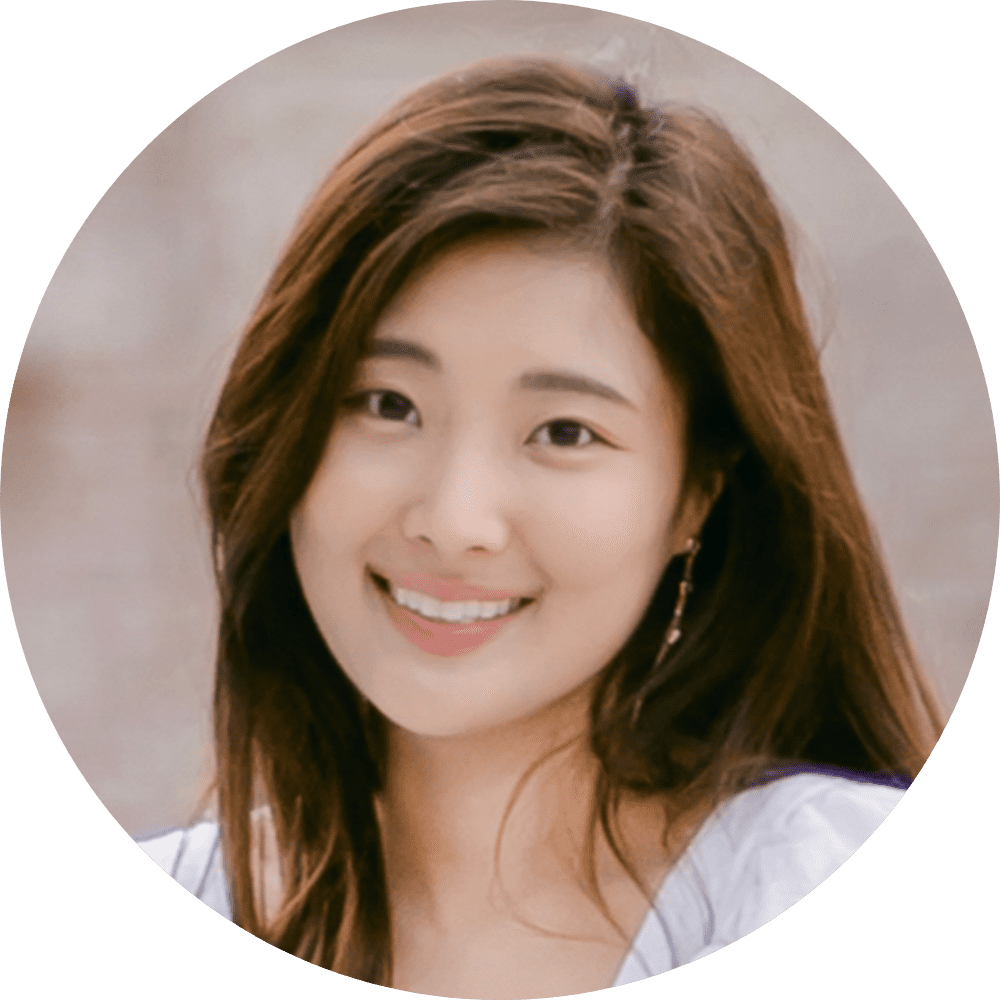
Asia Kang
Asia Kang is a Korean American illustrator and designer based in the Bay Area.

